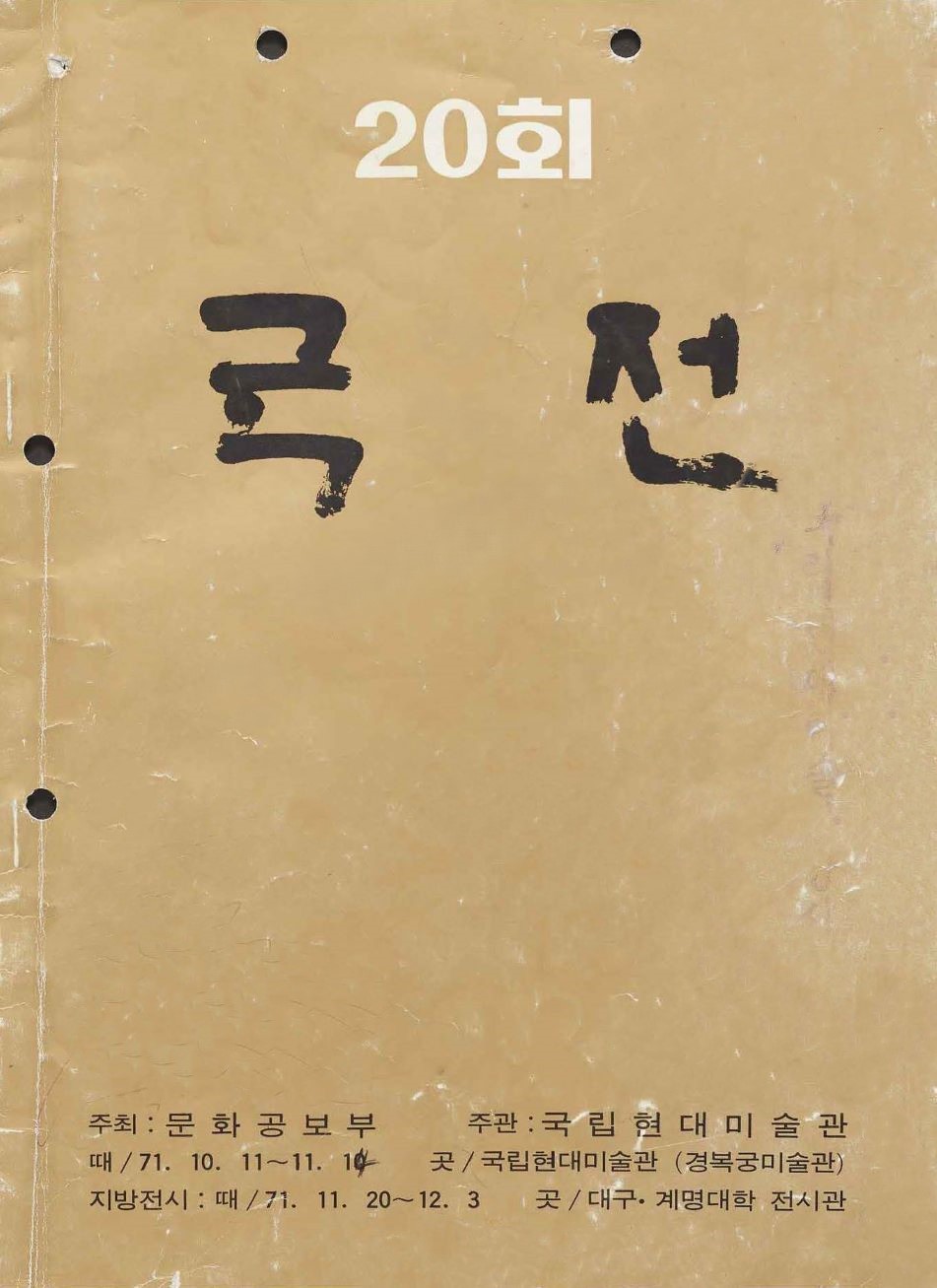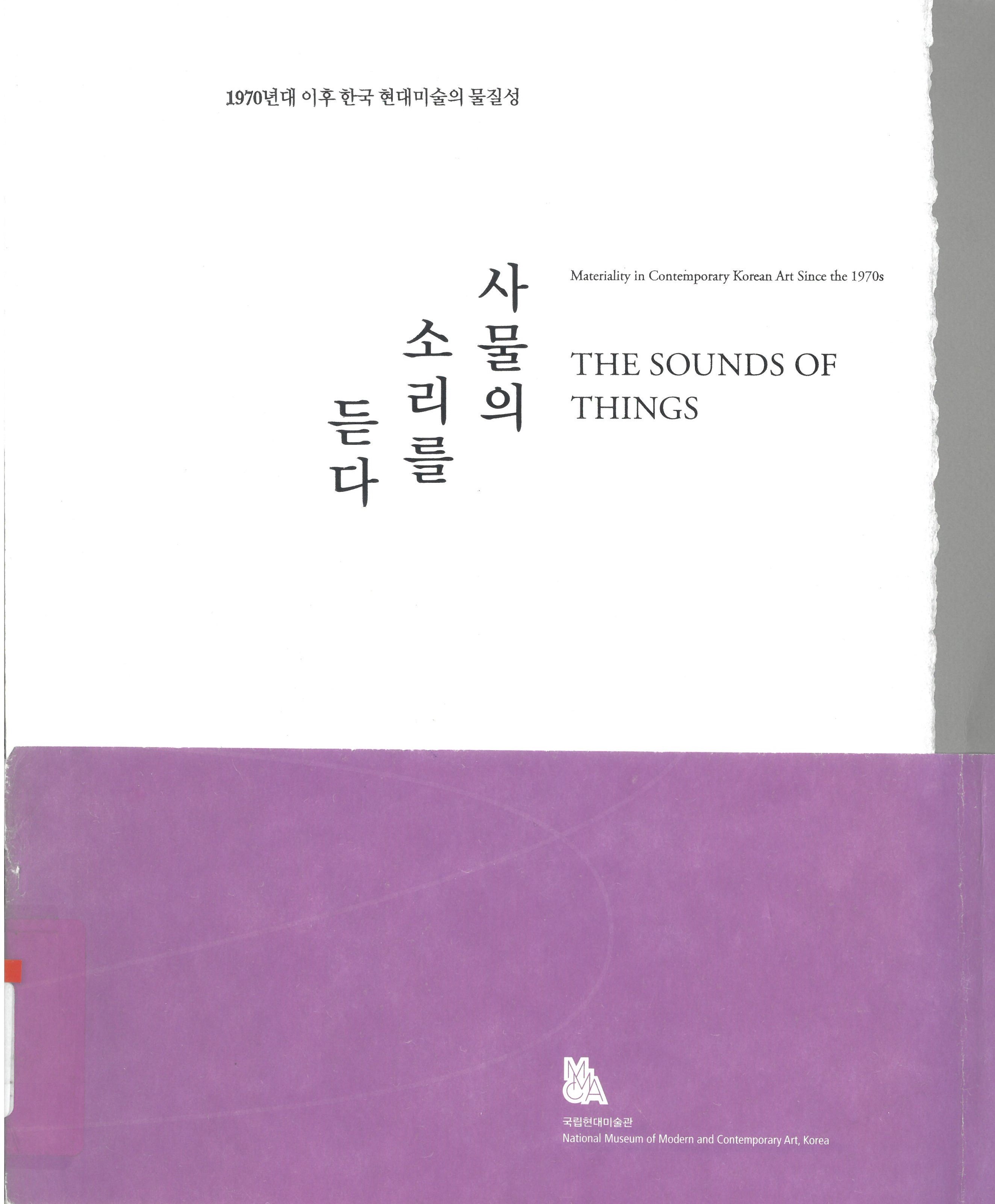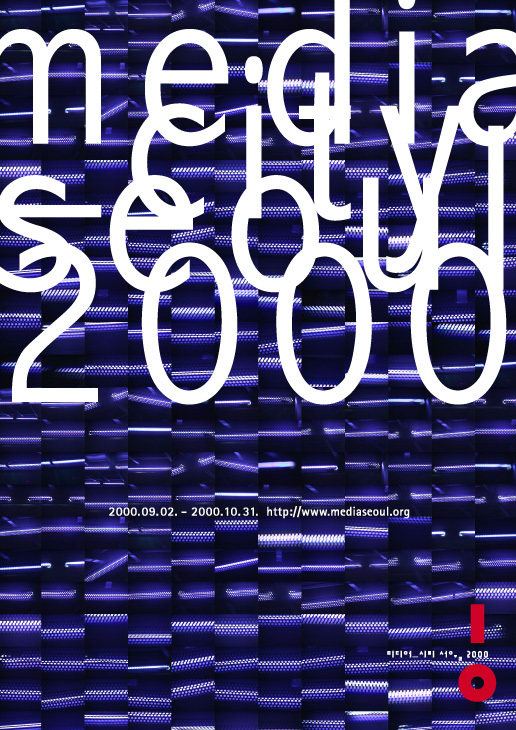- January
- February
- March
- April
- May
- June
- July
- August
- September
- October
- November
- December
- 1945
-
January, 1945
January
-
February, 1945
February
-
March, 1945
March
-
April, 1945
April
-
May, 1945
May
-
June, 1945
June
-
July, 1945
July
-
August, 1945
August
-
September, 1945
September
-
October, 1945
October
-
November, 1945
November
-
December, 1945
December
- 1946
-
January, 1946
January
-
February, 1946
February
-
March, 1946
March
-
April, 1946
April
-
May, 1946
May
-
June, 1946
June
-
July, 1946
July
-
August, 1946
August
-
September, 1946
September
-
October, 1946
October
-
November, 1946
November
-
December, 1946
December
- 1947
-
January, 1947
January
-
February, 1947
February
-
March, 1947
March
-
April, 1947
April
-
May, 1947
May
-
June, 1947
June
-
July, 1947
July
-
August, 1947
August
-
September, 1947
September
-
October, 1947
October
-
November, 1947
November
-
December, 1947
December
- 1948
-
January, 1948
January
-
February, 1948
February
-
March, 1948
March
-
April, 1948
April
-
May, 1948
May
-
June, 1948
June
-
July, 1948
July
-
August, 1948
August
-
September, 1948
September
-
October, 1948
October
-
November, 1948
November
-
December, 1948
December
- 1949
-
January, 1949
January
-
February, 1949
February
-
March, 1949
March
-
April, 1949
April
-
May, 1949
May
-
June, 1949
June
-
July, 1949
July
-
August, 1949
August
-
September, 1949
September
-
October, 1949
October
-
November, 1949
November
-
December, 1949
December
- 1950
-
January, 1950
January
-
February, 1950
February
-
March, 1950
March
-
April, 1950
April
-
May, 1950
May
-
June, 1950
June
-
July, 1950
July
-
August, 1950
August
-
September, 1950
September
-
October, 1950
October
-
November, 1950
November
-
December, 1950
December
- 1951
-
January, 1951
January
-
February, 1951
February
-
March, 1951
March
-
April, 1951
April
-
May, 1951
May
-
June, 1951
June
-
July, 1951
July
-
August, 1951
August
-
September, 1951
September
-
October, 1951
October
-
November, 1951
November
-
December, 1951
December
- 1952
-
January, 1952
January
-
February, 1952
February
-
March, 1952
March
-
April, 1952
April
-
May, 1952
May
-
June, 1952
June
-
July, 1952
July
-
August, 1952
August
-
September, 1952
September
-
October, 1952
October
-
November, 1952
November
-
December, 1952
December
- 1953
-
January, 1953
January
-
February, 1953
February
-
March, 1953
March
-
April, 1953
April
-
May, 1953
May
-
June, 1953
June
-
July, 1953
July
-
August, 1953
August
-
September, 1953
September
-
October, 1953
October
-
November, 1953
November
-
December, 1953
December
- 1954
-
January, 1954
January
-
February, 1954
February
-
March, 1954
March
-
April, 1954
April
-
May, 1954
May
-
June, 1954
June
-
July, 1954
July
-
August, 1954
August
-
September, 1954
September
-
October, 1954
October
-
November, 1954
November
-
December, 1954
December
- 1955
-
January, 1955
January
-
February, 1955
February
-
March, 1955
March
-
April, 1955
April
-
May, 1955
May
-
June, 1955
June
-
July, 1955
July
-
August, 1955
August
-
September, 1955
September
-
October, 1955
October
-
November, 1955
November
-
December, 1955
December
- 1956
-
January, 1956
January
-
February, 1956
February
-
March, 1956
March
-
April, 1956
April
-
May, 1956
May
-
June, 1956
June
-
July, 1956
July
-
August, 1956
August
-
September, 1956
September
-
October, 1956
October
-
November, 1956
November
-
December, 1956
December
- 1957
-
January, 1957
January
-
February, 1957
February
-
March, 1957
March
-
April, 1957
April
-
May, 1957
May
-
June, 1957
June
-
July, 1957
July
-
August, 1957
August
-
September, 1957
September
-
October, 1957
October
-
November, 1957
November
-
December, 1957
December
- 1958
-
January, 1958
January
-
February, 1958
February
-
March, 1958
March
-
April, 1958
April
-
May, 1958
May
-
June, 1958
June
-
July, 1958
July
-
August, 1958
August
-
September, 1958
September
-
October, 1958
October
-
November, 1958
November
-
December, 1958
December
- 1959
-
January, 1959
January
-
February, 1959
February
-
March, 1959
March
-
April, 1959
April
-
May, 1959
May
-
June, 1959
June
-
July, 1959
July
-
August, 1959
August
-
September, 1959
September
-
October, 1959
October
-
November, 1959
November
-
December, 1959
December
- 1960
-
January, 1960
January
-
February, 1960
February
-
March, 1960
March
-
April, 1960
April
-
May, 1960
May
-
June, 1960
June
-
July, 1960
July
-
August, 1960
August
-
September, 1960
September
-
October, 1960
October
-
November, 1960
November
-
December, 1960
December
- 1961
-
January, 1961
January
-
February, 1961
February
-
March, 1961
March
-
April, 1961
April
-
May, 1961
May
-
June, 1961
June
-
July, 1961
July
-
August, 1961
August
-
September, 1961
September
-
October, 1961
October
-
November, 1961
November
-
December, 1961
December
- 1962
-
January, 1962
January
-
February, 1962
February
-
March, 1962
March
-
April, 1962
April
-
May, 1962
May
-
June, 1962
June
-
July, 1962
July
-
August, 1962
August
-
September, 1962
September
-
October, 1962
October
-
November, 1962
November
-
December, 1962
December
- 1963
-
January, 1963
January
-
February, 1963
February
-
March, 1963
March
-
April, 1963
April
-
May, 1963
May
-
June, 1963
June
-
July, 1963
July
-
August, 1963
August
-
September, 1963
September
-
October, 1963
October
-
November, 1963
November
-
December, 1963
December
- 1964
-
January, 1964
January
-
February, 1964
February
-
March, 1964
March
-
April, 1964
April
-
May, 1964
May
-
June, 1964
June
-
July, 1964
July
-
August, 1964
August
-
September, 1964
September
-
October, 1964
October
-
November, 1964
November
-
December, 1964
December
- 1965
-
January, 1965
January
-
February, 1965
February
-
March, 1965
March
-
April, 1965
April
-
May, 1965
May
-
June, 1965
June
-
July, 1965
July
-
August, 1965
August
-
September, 1965
September
-
October, 1965
October
-
November, 1965
November
-
December, 1965
December
- 1966
-
January, 1966
January
-
February, 1966
February
-
March, 1966
March
-
April, 1966
April
-
May, 1966
May
-
June, 1966
June
-
July, 1966
July
-
August, 1966
August
-
September, 1966
September
-
October, 1966
October
-
November, 1966
November
-
December, 1966
December
- 1967
-
January, 1967
January
-
February, 1967
February
-
March, 1967
March
-
April, 1967
April
-
May, 1967
May
-
June, 1967
June
-
July, 1967
July
-
August, 1967
August
-
September, 1967
September
-
October, 1967
October
-
November, 1967
November
-
December, 1967
December
- 1968
-
January, 1968
January
-
February, 1968
February
-
March, 1968
March
-
April, 1968
April
-
May, 1968
May
-
June, 1968
June
-
July, 1968
July
-
August, 1968
August
-
September, 1968
September
-
October, 1968
October
-
November, 1968
November
-
December, 1968
December
- 1969
-
January, 1969
January
-
February, 1969
February
-
March, 1969
March
-
April, 1969
April
-
May, 1969
May
-
June, 1969
June
-
July, 1969
July
-
August, 1969
August
-
September, 1969
September
-
October, 1969
October
-
November, 1969
November
-
December, 1969
December
- 1970
-
January, 1970
January
-
February, 1970
February
-
March, 1970
March
-
April, 1970
April
-
May, 1970
May
-
June, 1970
June
-
July, 1970
July
-
August, 1970
August
-
September, 1970
September
-
October, 1970
October
-
November, 1970
November
-
December, 1970
December
- 1971
-
January, 1971
January
-
February, 1971
February
-
March, 1971
March
-
April, 1971
April
-
May, 1971
May
-
June, 1971
June
-
July, 1971
July
-
August, 1971
August
-
September, 1971
September
-
October, 1971
October
-
November, 1971
November
-
December, 1971
December
- 1972
-
January, 1972
January
-
February, 1972
February
-
March, 1972
March
-
April, 1972
April
-
May, 1972
May
-
June, 1972
June
-
July, 1972
July
-
August, 1972
August
-
September, 1972
September
-
October, 1972
October
-
November, 1972
November
-
December, 1972
December
- 1973
-
January, 1973
January
-
February, 1973
February
-
March, 1973
March
-
April, 1973
April
-
May, 1973
May
-
June, 1973
June
-
July, 1973
July
-
August, 1973
August
-
September, 1973
September
-
October, 1973
October
-
November, 1973
November
-
December, 1973
December
- 1974
-
January, 1974
January
-
February, 1974
February
-
March, 1974
March
-
April, 1974
April
-
May, 1974
May
-
June, 1974
June
-
July, 1974
July
-
August, 1974
August
-
September, 1974
September
-
October, 1974
October
-
November, 1974
November
-
December, 1974
December
- 1975
-
January, 1975
January
-
February, 1975
February
-
March, 1975
March
-
April, 1975
April
-
May, 1975
May
-
June, 1975
June
-
July, 1975
July
-
August, 1975
August
-
September, 1975
September
-
October, 1975
October
-
November, 1975
November
-
December, 1975
December
- 1976
-
January, 1976
January
-
February, 1976
February
-
March, 1976
March
-
April, 1976
April
-
May, 1976
May
-
June, 1976
June
-
July, 1976
July
-
August, 1976
August
-
September, 1976
September
-
October, 1976
October
-
November, 1976
November
-
December, 1976
December
- 1977
-
January, 1977
January
-
February, 1977
February
-
March, 1977
March
-
April, 1977
April
-
May, 1977
May
-
June, 1977
June
-
July, 1977
July
-
August, 1977
August
-
September, 1977
September
-
October, 1977
October
-
November, 1977
November
-
December, 1977
December
- 1978
-
January, 1978
January
-
February, 1978
February
-
March, 1978
March
-
April, 1978
April
-
May, 1978
May
-
June, 1978
June
-
July, 1978
July
-
August, 1978
August
-
September, 1978
September
-
October, 1978
October
-
November, 1978
November
-
December, 1978
December
- 1979
-
January, 1979
January
-
February, 1979
February
-
March, 1979
March
-
April, 1979
April
-
May, 1979
May
-
June, 1979
June
-
July, 1979
July
-
August, 1979
August
-
September, 1979
September
-
October, 1979
October
-
November, 1979
November
-
December, 1979
December
- 1980
-
January, 1980
January
-
February, 1980
February
-
March, 1980
March
-
April, 1980
April
-
May, 1980
May
-
June, 1980
June
-
July, 1980
July
-
August, 1980
August
-
September, 1980
September
-
October, 1980
October
-
November, 1980
November
-
December, 1980
December
- 1981
-
January, 1981
January
-
February, 1981
February
-
March, 1981
March
-
April, 1981
April
-
May, 1981
May
-
June, 1981
June
-
July, 1981
July
-
August, 1981
August
-
September, 1981
September
-
October, 1981
October
-
November, 1981
November
-
December, 1981
December
- 1982
-
January, 1982
January
-
February, 1982
February
-
March, 1982
March
-
April, 1982
April
-
May, 1982
May
-
June, 1982
June
-
July, 1982
July
-
August, 1982
August
-
September, 1982
September
-
October, 1982
October
-
November, 1982
November
-
December, 1982
December
- 1983
-
January, 1983
January
-
February, 1983
February
-
March, 1983
March
-
April, 1983
April
-
May, 1983
May
-
June, 1983
June
-
July, 1983
July
-
August, 1983
August
-
September, 1983
September
-
October, 1983
October
-
November, 1983
November
-
December, 1983
December
- 1984
-
January, 1984
January
-
February, 1984
February
-
March, 1984
March
-
April, 1984
April
-
May, 1984
May
-
June, 1984
June
-
July, 1984
July
-
August, 1984
August
-
September, 1984
September
-
October, 1984
October
-
November, 1984
November
-
December, 1984
December
- 1985
-
January, 1985
January
-
February, 1985
February
-
March, 1985
March
-
April, 1985
April
-
May, 1985
May
-
June, 1985
June
-
July, 1985
July
-
August, 1985
August
-
September, 1985
September
-
October, 1985
October
-
November, 1985
November
-
December, 1985
December
- 1986
-
January, 1986
January
-
February, 1986
February
-
March, 1986
March
-
April, 1986
April
-
May, 1986
May
-
June, 1986
June
-
July, 1986
July
-
August, 1986
August
-
September, 1986
September
-
October, 1986
October
-
November, 1986
November
-
December, 1986
December
- 1987
-
January, 1987
January
-
February, 1987
February
-
March, 1987
March
-
April, 1987
April
-
May, 1987
May
-
June, 1987
June
-
July, 1987
July
-
August, 1987
August
-
September, 1987
September
-
October, 1987
October
-
November, 1987
November
-
December, 1987
December
- 1988
-
January, 1988
January
-
February, 1988
February
-
March, 1988
March
-
April, 1988
April
-
May, 1988
May
-
June, 1988
June
-
July, 1988
July
-
August, 1988
August
-
September, 1988
September
-
October, 1988
October
-
November, 1988
November
-
December, 1988
December
- 1989
-
January, 1989
January
-
February, 1989
February
-
March, 1989
March
-
April, 1989
April
-
May, 1989
May
-
June, 1989
June
-
July, 1989
July
-
August, 1989
August
-
September, 1989
September
-
October, 1989
October
-
November, 1989
November
-
December, 1989
December
- 1990
-
January, 1990
January
-
February, 1990
February
-
March, 1990
March
-
April, 1990
April
-
May, 1990
May
-
June, 1990
June
-
July, 1990
July
-
August, 1990
August
-
September, 1990
September
-
October, 1990
October
-
November, 1990
November
-
December, 1990
December
- 1991
-
January, 1991
January
-
February, 1991
February
-
March, 1991
March
-
April, 1991
April
-
May, 1991
May
-
June, 1991
June
-
July, 1991
July
-
August, 1991
August
-
September, 1991
September
-
October, 1991
October
-
November, 1991
November
-
December, 1991
December
- 1992
-
January, 1992
January
-
February, 1992
February
-
March, 1992
March
-
April, 1992
April
-
May, 1992
May
-
June, 1992
June
-
July, 1992
July
-
August, 1992
August
-
September, 1992
September
-
October, 1992
October
-
November, 1992
November
-
December, 1992
December
- 1993
-
January, 1993
January
-
February, 1993
February
-
March, 1993
March
-
April, 1993
April
-
May, 1993
May
-
June, 1993
June
-
July, 1993
July
-
August, 1993
August
-
September, 1993
September
-
October, 1993
October
-
November, 1993
November
-
December, 1993
December
- 1994
-
January, 1994
January
-
February, 1994
February
-
March, 1994
March
-
April, 1994
April
-
May, 1994
May
-
June, 1994
June
-
July, 1994
July
-
August, 1994
August
-
September, 1994
September
-
October, 1994
October
-
November, 1994
November
-
December, 1994
December
- 1995
-
January, 1995
January
-
February, 1995
February
-
March, 1995
March
-
April, 1995
April
-
May, 1995
May
-
June, 1995
June
-
July, 1995
July
-
August, 1995
August
-
September, 1995
September
-
October, 1995
October
-
November, 1995
November
-
December, 1995
December
- 1996
-
January, 1996
January
-
February, 1996
February
-
March, 1996
March
-
April, 1996
April
-
May, 1996
May
-
June, 1996
June
-
July, 1996
July
-
August, 1996
August
-
September, 1996
September
-
October, 1996
October
-
November, 1996
November
-
December, 1996
December
- 1997
-
January, 1997
January
-
February, 1997
February
-
March, 1997
March
-
April, 1997
April
-
May, 1997
May
-
June, 1997
June
-
July, 1997
July
-
August, 1997
August
-
September, 1997
September
-
October, 1997
October
-
November, 1997
November
-
December, 1997
December
- 1998
-
January, 1998
January
-
February, 1998
February
-
March, 1998
March
-
April, 1998
April
-
May, 1998
May
-
June, 1998
June
-
July, 1998
July
-
August, 1998
August
-
September, 1998
September
-
October, 1998
October
-
November, 1998
November
-
December, 1998
December
- 1999
-
January, 1999
January
-
February, 1999
February
-
March, 1999
March
-
April, 1999
April
-
May, 1999
May
-
June, 1999
June
-
July, 1999
July
-
August, 1999
August
-
September, 1999
September
-
October, 1999
October
-
November, 1999
November
-
December, 1999
December





